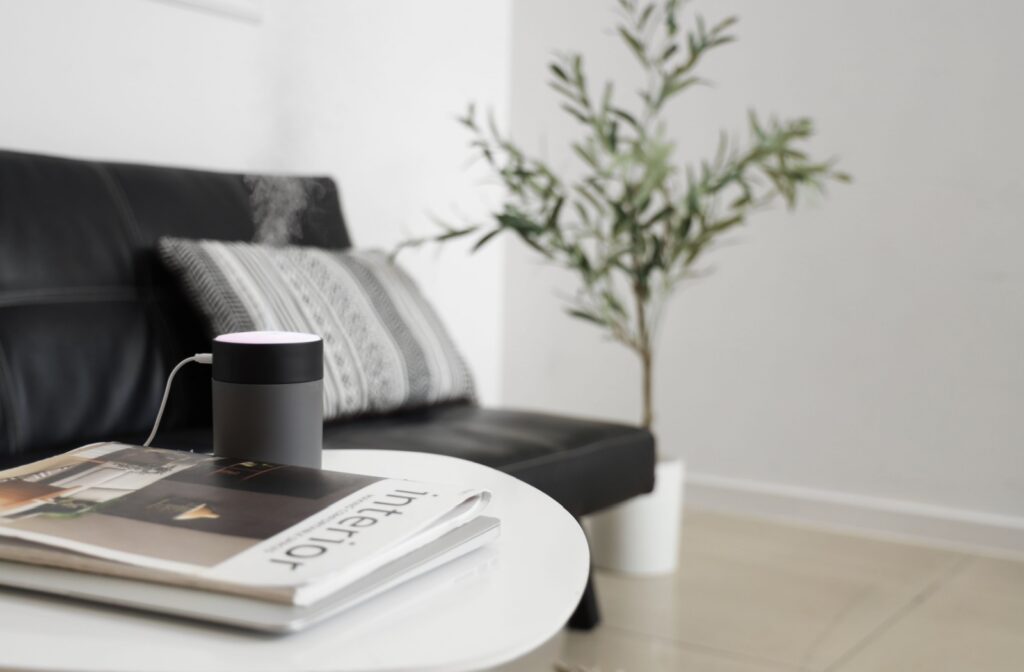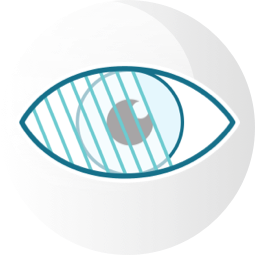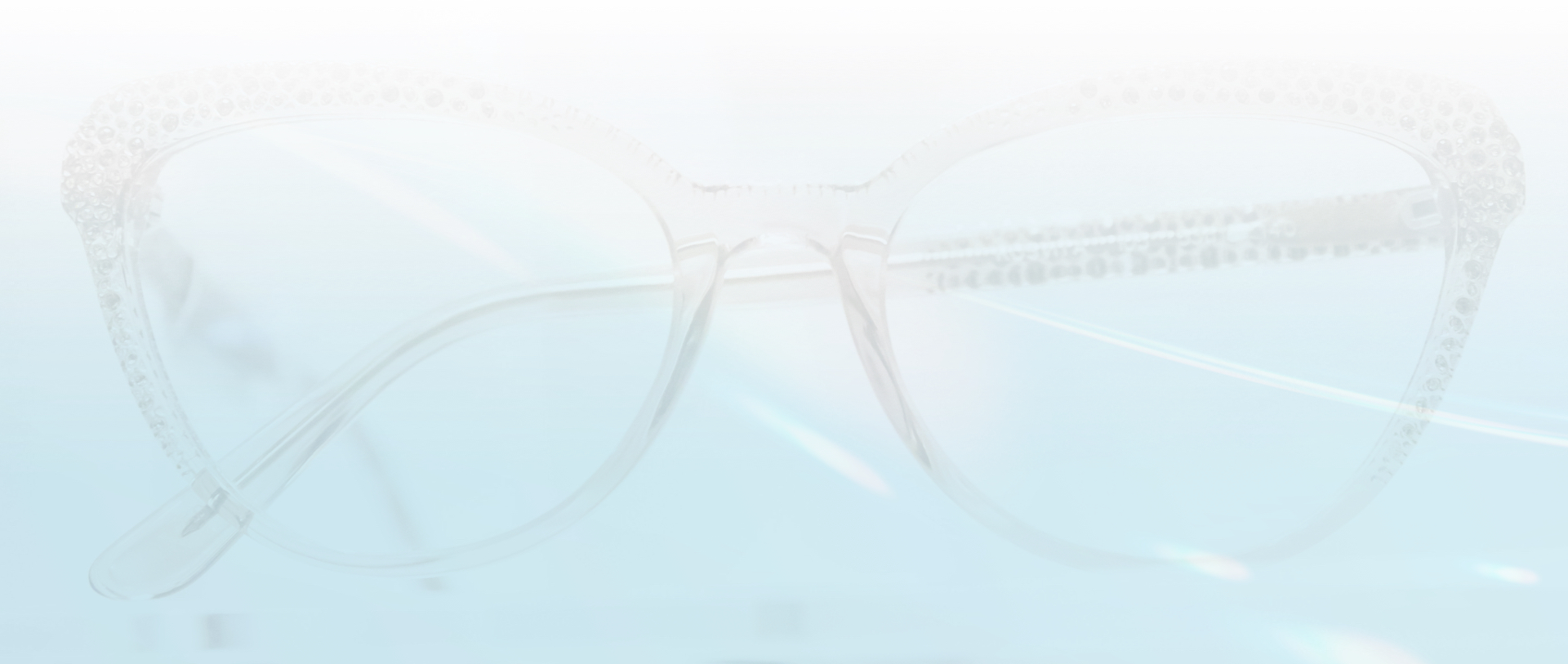Dry, irritated eyes can make daily tasks more challenging, leaving many searching for some relief. While treatments like eye drops and in-office treatments exist, you may be able to treat mild dry eyes making changes to your environment. At McCauley Celin Eyecare Associates, a common question we hear is whether a humidifier can help with dry eyes.
The answer is yes—a humidifier can help alleviate dry eye symptoms by adding moisture to the air and preventing your eyes from drying out. However, not all humidifiers are the same, and understanding how dry air affects eye health can help you get relief sooner.
What Causes Dry Eyes?
Dry eyes can result from underlying issues, including medical conditions, lifestyle choices, and environmental factors. Before jumping into how humidifiers can help, it’s worth understanding where this discomfort is coming from.
Your eyes are protected by a thin layer of tears, which help keep them lubricated and free of irritants. When your tear production is insufficient or their quality is poor, your eyes may feel dry, irritated, or sore. Environmental factors like low humidity can impact these symptoms by speeding up the evaporation of your eye’s natural tears.
Some common causes of dry eyes include:
- Excessive screen time, which reduces blinking rates
- Aging
- Certain medications like antihistamines
- Certain medical conditions
- Environmental factors like heating systems
- Low humidity levels in your home or workplace
How Does a Humidifier Help with Dry Eyes?
Humidifiers work by increasing the moisture in the air. When indoor air is too dry, it can pull moisture from your skin, throat, and even eyes. As a result, your tear film can begin to dehydrate and progress any symptoms you already have. By adding water vapor to your environment, humidifiers combat this effect, helping to maintain hydration.
Here are a few ways that they can help:
- Reduces tear evaporation: Higher humidity levels mean moisture can stick around longer.
- Keeps your environment comfortable: A humidifier can make an environment feel fresher and healthier overall.
- Supports nighttime relief: Many people feel dry eye symptoms can be more intense in the evenings. An overnight humidifier can help keep your eyes comfortable while you sleep.
A humidifier can help to relieve symptoms but doesn’t replace other eye care practices, like using artificial tears or a custom treatment plan.
What Type of Humidifier Should You Use?
Not all humidifiers are created equal, and some types may be more effective for managing dry eyes than others.
Cool Mist Humidifiers
Cool mist humidifiers release a refreshing mist without heating water, making them energy-efficient and safe for households with kids or pets. They can work well for soothing nasal congestion, allergies, and sinus issues, especially in warmer months, and are low-maintenance and quiet.
Warm Mist Humidifiers
Warm mist humidifiers boil water to create a soothing vapor, which helps kill bacteria and improve air quality. Ideal for colder months, they provide warmth and may be effective in relieving cold and flu symptoms, though they use more energy than cool mist models.
Ultrasonic Humidifiers
Ultrasonic humidifiers use sound vibrations to produce a fine, cool mist, operating almost silently and consuming minimal energy. They are perfect for dry eyes, skin irritation, and quiet spaces like bedrooms or offices, often featuring advanced controls and aromatherapy options.
Evaporative Humidifiers
Evaporative humidifiers use a fan to blow air through a moistened filter, releasing clean, natural-feeling humidity. Affordable and self-regulating, they require regular cleaning to avoid bacteria buildup but are a reliable, cost-effective choice.
Tips to Maximize Relief with a Humidifier
Adding a humidifier to your space can be a good first step toward reducing symptoms, but you can also take additional measures to help your eyes stay comfortable and hydrated.
Monitor Humidity Levels
An ideal indoor humidity level typically ranges between 30% and 50%. Over-humidified spaces can promote mold growth, while under-humidified air offers little relief.
Place the Humidifier Strategically
Positioning your humidifier in the right spot is essential for maximizing its benefits. Place it in the area where you spend most of your time, such as your bedroom for restful sleep or your workspace for improved focus and comfort during the day.
Keep the Humidifier Clean
Dirty humidifiers can spread bacteria or mold into the air, which is not good for symptoms. Clean your humidifier regularly according to the manufacturer’s instructions.
What to Do if Your Symptoms Are Not Improving
A humidifier is a great addition to your eye care routine, but alone, it can’t do it all. By combining a humidifier with other dry eye treatments, you can find lasting relief from your symptoms. If you feel that your dry eyes aren’t improving or symptoms are worsening, it’s time to book an appointment with your eye doctor.
McCauley Celin Eyecare Associates delivers professional, family-focused, and customized care designed to help restore comfort and vision. We have a variety of dry eye treatments that can be tailored to your needs. Contact us today to book an appointment.














